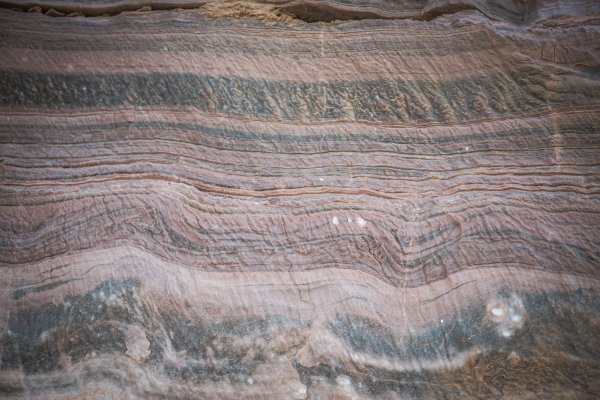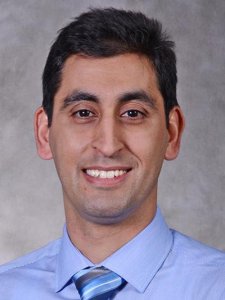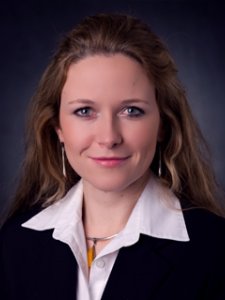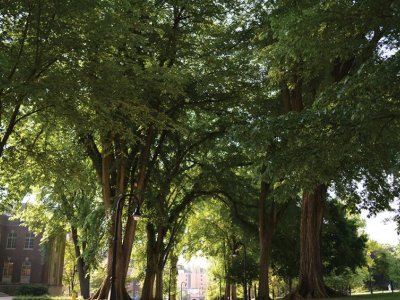
One of the major concerns in geological storage of CO2 is the risk of leakage of buoyant free-phase CO2. Securing significant volumes of CO2 in deep formations can be achieved through occurrence of natural processes, such as solubility (i.e., CO2 dissolution in brine), residual saturation trapping, and mineral trapping that lead to permanent storage of CO2. The dissolution of injected CO2 into brine and carbonate mineral formation reactions are complex processes that dependent on temperature, pressure, brine composition, and effectiveness of the contact between brine and free-phase CO2. The goal for this study is to examine the interplay between these processes and identify conditions that maximize permanent trapping of CO2. To accomplish the overall project goal, the key project objectives are to (1) determine optimal engineered schemes to rapidly trap CO2 and maximize storage and (2) quantify the contribution of each mechanism to permanent trapping of scCO2. Accordingly, the project team proposes macroscale, i.e., large-scale numerical simulations optimization of CO2 storage capacity based on maximization of CO2 trapping in mesoscale, i.e., core-scale flow experiments.
Resulting Funding
- American Chemical Society (ACS) Petroleum Research Fund (PRF): $110,000. Capillary Trapping Controlled by Geochemical Reactions in Porous Media
Resulting Publications
- H. Emami-Meybodi and F. Zhang (2021) Buoyancy-driven instabilities of partially miscible fluids in inclined porous media, Journal of Fluid Mechanics, 926, A32
- F. Zhang and H. Emami-Meybodi (2018) Instability of a diffusive boundary layer beneath a capillary transition zone, Fluids, 3(4):85,1–11.
- H. Emami-Meybodi (2018) More to carbon than meets the eye: Importance of researching carbon capture, utilization, and storage (CCUS), The Way Ahead SPE Journal.





